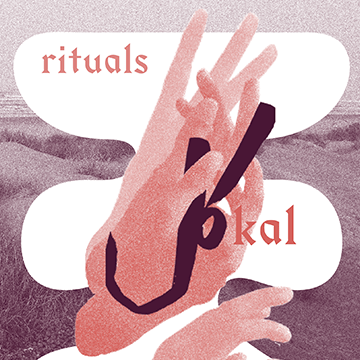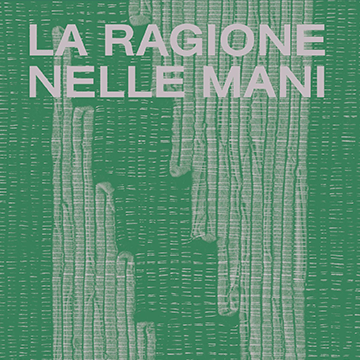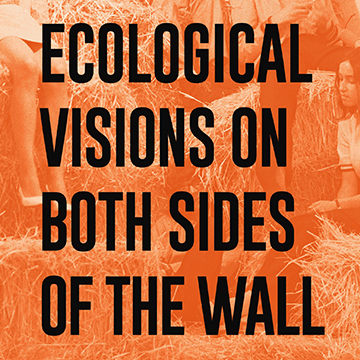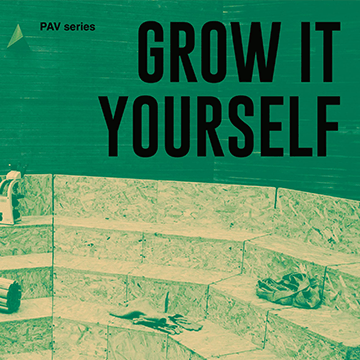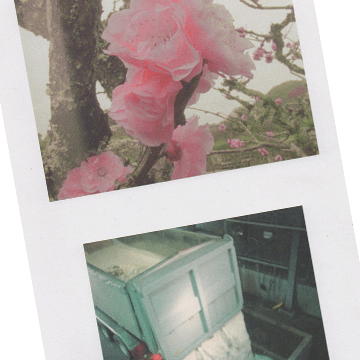Majnoon is an oil field in the global south. Majnoon is also the violence, and the state of mind that survives the violence. How can this be a field guide in any customary sense? Latitudes have been taken. Words are written in disruptedor troubled syntax. Rather, this book proceeds alongsidea search for what many call emancipatory practice; to beenacted in the field, where we feel most alive.
Tag: ecology
How to Die – Inopiné
How to Die - Inopiné is a performance and a practice. It thinks through, in an embodied manner, the prevailing contemporary moods of ecological grief, cultural panic, and collapse. As a performance in a theater or outdoors, an audience encounters five dancers who are constantly building, unbuilding, and rebuilding. Afterwards, stories are told around a bonfire. As a practice in the studio, school, or street, a group of dancers, artists, writers, and architects meet for a year of residencies between Oslo and Umeå.
The Many Headed Hydra Magazine #4
The first in a series of publications emerging from the transoceanic platform a language where yesterday and tomorrow are the same word. Kal, kal RITUALS proposes queer and trans feminist ecologies, embodiments and mythmaking.
La ragione nelle mani
By drawing a connection between a local condition such as that of an alpine valley in Italy – the Valle Camonica – with its artisan knowledges and some untranslatable words belonging to languages from across the globe, artist Stefano Boccalini brings out territoriality and biodiversity as new-found precious awareness against loss and homologation.
Earthrise
There is no question that ecological ideas acquired a central role in contemporary episteme. In contrast, the heuristic function that these ideas can assume in the current polarisation is questionable: that which, over the last decade, has identified the environmental crisis with the (categorical and totalitarian) concept of the Anthropocene. Ecological discourse positioned itself inside historically situated trajectories that contributed to the transformation of aesthetical paradigms and political practices. In the scenario that 1968 opened up, the transversal nature of subjectivity allowed it to cover different fields, beginning with the tension between the logic of a unitary discourse and the creation of a multiplicity of possible worlds, between the molar and the molecular, the micro and the macro.
Grow it Yourself
There is no question that ecological ideas have by now acquired a central role in contemporary episteme. In contrast, the heuristic function that these ideas can assume in the current polarisation is questionable: that which, over the last decade, has identified the environmental crisis with the (categorical and totalitarian) concept of the Anthropocene. […] Nonetheless, if it is true that the concept of the Anthropocene has its origins in this “change in state” of human activities, the impression remains of being witness to a new form of universalizing anxiety (impatience) that is ready to re-establish and recapture the ecological discourse within a to- talitarian and centralizing narrative, in a sort of modernist, meta-narrative to whose liquidation the environmentalism of the 1960s and 1970s (with its movement-based and destituent nature) had contributed.
Shape Shifting
Shape Shifting is the practice of a landscape by which it preserves and changes simultaneously. Shape Shifting is a film as well, akin to a living territory, both build themselves in response to a broader environment by transforming their internal composition. Being a landscape, or drawing a cartography of a landscape is to develop an attentiveness towards the doings of human and nonhuman forces. The book brings together the receptivity of images and the spontaneity of words, from there different theories emerge.


